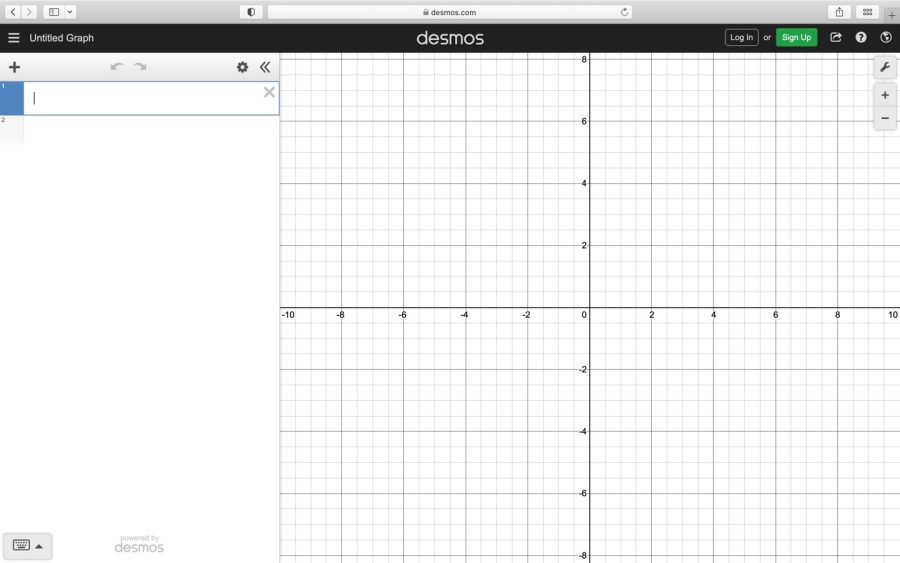Students reflect on inquiry-based math curriculum
Desmos is one of the many popular tools math teachers use to engage students. It provides a platform for individual, student-paced lessons.
June 6, 2022
Note: This article is the second part of a two-part series highlighting the way math is taught at Lincoln. The first (published in March 2022) focused on the perspective of math teachers and this one will focus on the perspective of students.
For the past three years, the math department at Lincoln High School has been using an inquiry-based approach to learning, meaning the emphasis is on students solving problems rather than memorizing formulas. Students have many different feelings about this approach.
“I thought it was interesting to hear the perspectives of teachers of their teaching style[In the previous article]. I feel like I do like their teaching style but sometimes when I have a question in class it’s kinda hard to get the support I need,” said freshman Laura Kurtz.
Sophomore Gwyneth Bao shares a similar view with Kurtz.
“While it may appear that the math department places emphasis on critical thinking, it’s unrealistic to think that all students are able to benefit from challenging themselves beyond what they know, ” she said. “The current curriculum… forces students to rely solely on their own enthusiasm for the subject.”
Senior Janiah Casey thinks that the structure of day-to-day lessons sometimes falls short in the steps it provides for understanding a topic and instead places value on the final product.
“I feel like the lessons don’t give us a lot to understand,” says Casey. “I think a lot of times teachers just put stuff on Canvas and see if their students fail or not.”
Junior Jackson Hanf believes that inquiry-based learning is working. Hanf believes that the curriculum is set up for students to ask questions when confused and work at their own pace when they don’t have questions.
“The teachers are kind of just roaming around waiting for questions. So if you understand that [the content] you’re not going to be using the teacher as much. And if you don’t, you are hopefully using the teacher more. So, I think that works out,” said Hanf.
Although Hanf compliments the style of inquiry-based learning, he feels like the varying classes could be better described.
Students notice differences in the difficulty between IB Analysis and IB Applications. Hanf feels like more students could make the correct choice for themselves with more thorough descriptions of each course available during forecasting.
“I think if it was advertised that, for example, analysis is more independent, more students would choose the right option for themselves,” he said.
Reporter Anna Klein also contributed to this article.





